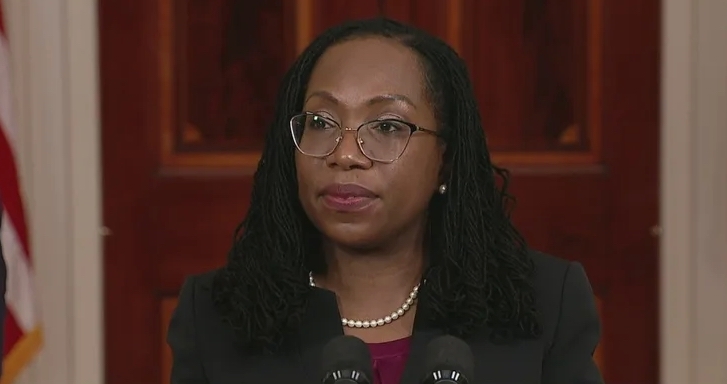Lathan Watts writes at TownHall.com about the significance of our nation’s governing document.
It’s now fashionable to criticize this document as a relic of the past.
But these critics overlook its ongoing vitality.
While our founding charter draws from and builds upon ancient wisdom, it still offers a roadmap to our future—if we as a nation would rededicate ourselves to its precepts. William F. Buckley, Jr., once described conservatives as “those who stand athwart history yelling ‘stop!’” We might similarly define today’s constitutionalists as those who stand amidst political turmoil yelling “read!” …
… Forcing someone to speak the government’s preferred message and censoring all dissent is precisely the type of oppression the First Amendment’s Free Speech Clause aims to prevent. In a democratic republic where the whims of a popular majority may fluctuate as often as the trends of culture, the Founders were keen to see the need to protect all speech, not just the speech that government supports. Yesterday’s accepted norms can become today’s reprehensible antiquities.
The once-common sentiment of “I disagree with what you say but would defend to the death your right to say it” has been replaced with “I disagree with what you say, so you have no right to say it.” The former recognizes that freedom for oneself requires freedom for all others, while the latter demands freedom for oneself at the expense of others. …
… One reason that civil discourse has become historically uncivil is Americans’ acceptance of the government’s encroachment into practically every aspect of American life. When the state reaches almost everything, the stakes of every election seem total.
The Constitution anticipated this danger by establishing a federal system with a national government of limited, enumerated powers. The Constitution further limited federal authority through the separation of powers and the protection of individual rights. It ultimately left most of the power to the states, which could serve as “laboratories of democracy” by experimenting with diverse policy approaches.


